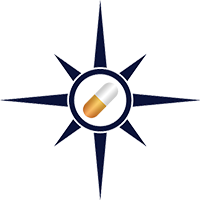



API Suppliers

US DMFs Filed
0

CEP/COS Certifications
0

JDMFs Filed
0
Other Certificates
0
Other Suppliers
0
0

USA (Orange Book)

Europe

Canada

Australia

South Africa
0
Uploaded Dossiers
0
U.S. Medicaid
Annual Reports




Impressions: 54752
https://www.pharmacompass.com/radio-compass-blog/top-drugs-and-pharmaceutical-companies-of-2019-by-revenues
Impressions: 2666
https://www.pharmacompass.com/radio-compass-blog/pharma-biotech-deals-investments-and-m-as-in-may-2018
Impressions: 58406
https://www.pharmacompass.com/radio-compass-blog/top-drugs-by-sales-in-2017-who-sold-the-blockbuster-drugs
Impressions: 2117
https://www.pharmacompass.com/radio-compass-blog/pharma-deals-investments-and-m-as-in-february-2018


